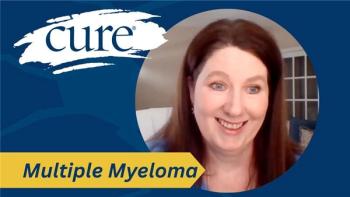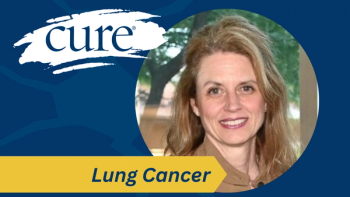
Building up bones
I've had a few comments from readers looking for safe exercises for people with weak bones due to cancer treatments. First, and most importantly, it is imperative you talk to your health care provider about your individual situation and get his/her approval to exercise. Patients may be at different stages of treatment or may have other side effects, such as neutropenia, in which they need to stay away from public places like gyms where there is exposure to germs. Your physician can assess your situation and make recommendations on exercises that are appropriate for your current body condition. Generally, experts advise people with weak bones to avoid high impact exercises that can cause stress fractures. Stay away from running, high impact aerobics, and contact sports, such as football and soccer, and from any exercise in which you may fall. Stick with less impact exercises, such as walking, swimming, or tai-chi. Balance and coordination exercises, such as yoga, can help you have fewer falls, but do not bend over (as in touching your toes) which is a move in yoga that can cause fractures in a delicate spine. Certain twists can also be harmful. An experienced yoga instructor can teach you movements to substitute that won't damage your spine. Strengthening exercises are also important in building strong bones. One strengthening exercise that my kids and I like to do is using resistance bands while we watch our favorite TV shows. Resistance bands are used in physical therapy, rehabilitation, and general conditioning. Kits usually come with some exercise instructions or you can ask your doctor or physical therapist for help. More exercise advice for those with delicate bones can be found at the




